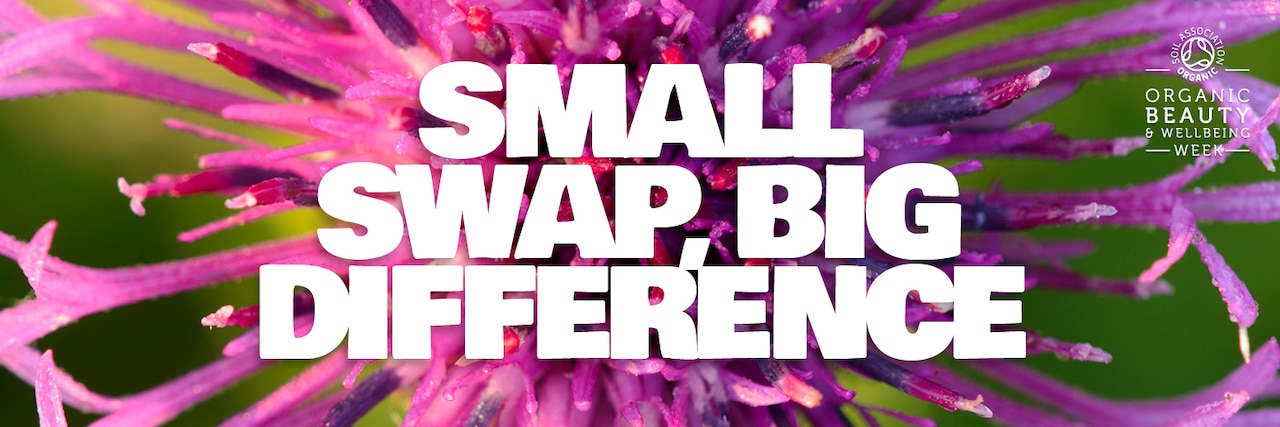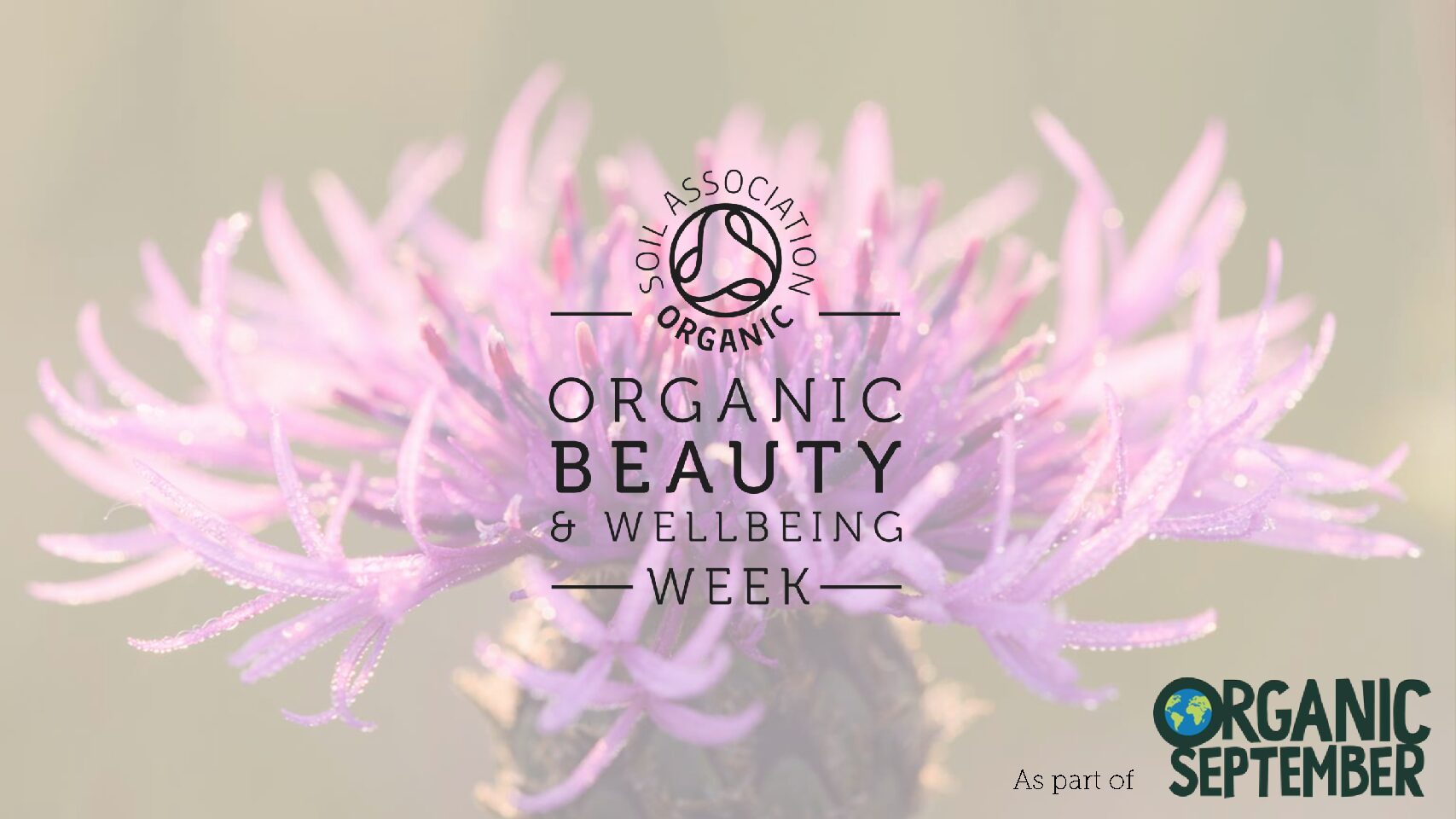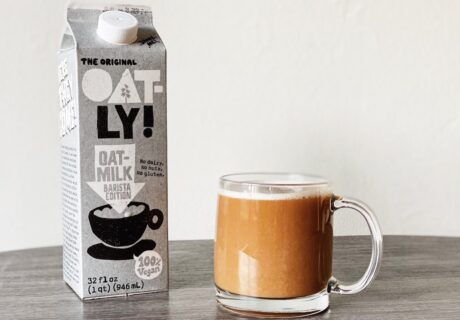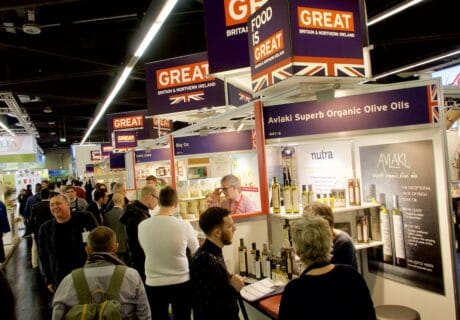After seeing a 23% growth in sales in 2019 the UK market for certified organic and natural beauty now sits at £106.4 million, Soil Association Certification revealed as it embarked upon the 2020 Organic Beauty & Wellbeing Week (OBWW), run in conjunction with Organic September.
Clare McDermott, business development director, Soil association Certification, reports that despite the disruption and uncertainty of the pandemic, organic beauty and wellbeing has grown ‘even stronger than it was’ by the point at which the Organic Beauty and Wellbeing Market report was published in February, and that she is ‘very optimistic’ about the movement.
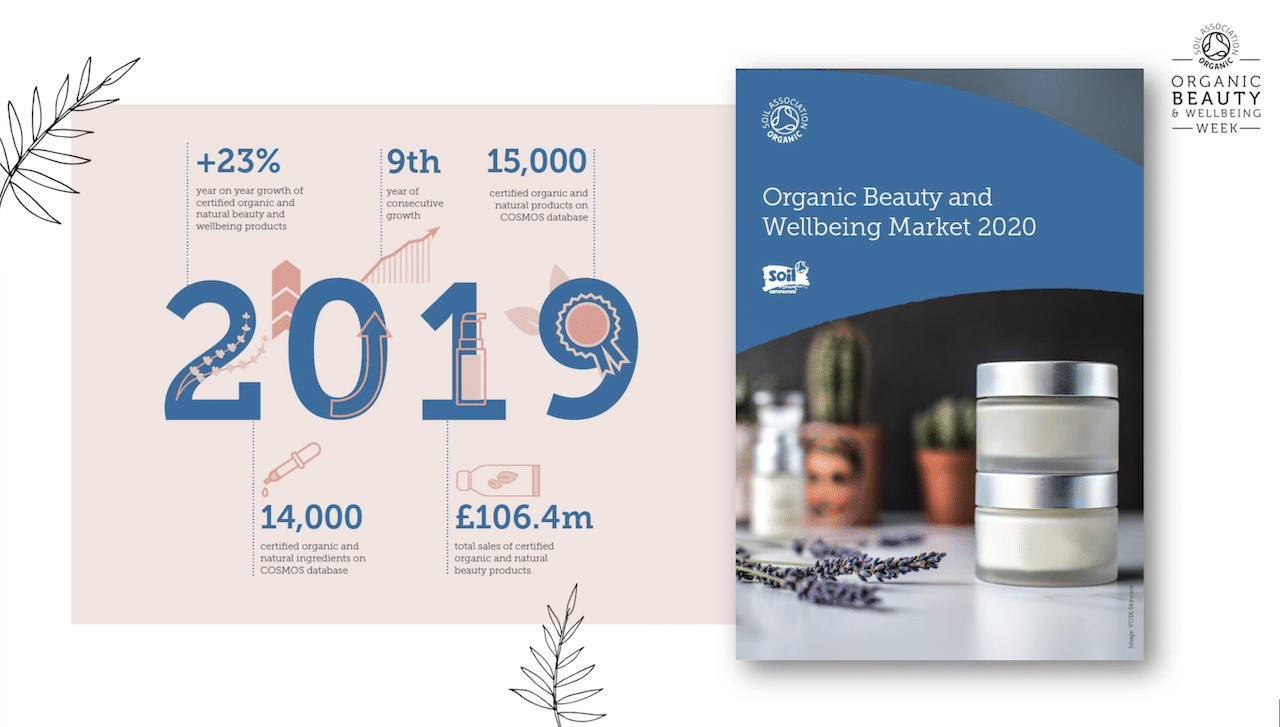
Further, she explained during a press webinar promoting OBWW, ‘some of the impacts of COVID-19 have actually enhanced this market’, with consumers looking to organic for safe ingredients they can trust, provenance and efficacy. “We’re in this world where trust has been so complicated … and so they’re expecting brands to be transparent with their sourcing. That’s something that certification really plays into. We know that 79% of people are actually more likely to buy a beauty and wellbeing product if it says organic.”
Some of the impacts of COVID-19 have actually enhanced this market
With the #onesmallswap message remaining at the heart of the campaign, the sector has now entered a new phase: ‘healthy beauty’. “We’re all thinking about how we live and this whole piece about every aspect of beauty and holistic living, thinking about mindfulness, thinking about our wellness, thinking about what’s going on around us,” said McDermott.
Joining her on the panel, ‘plant geek’ Jennifer Hirsch (The Beauty Botanist) explained how her work centres around helping brands understand that ‘the opportunity to use natural ingredients represents an opportunity to talk to the customer about their values’.
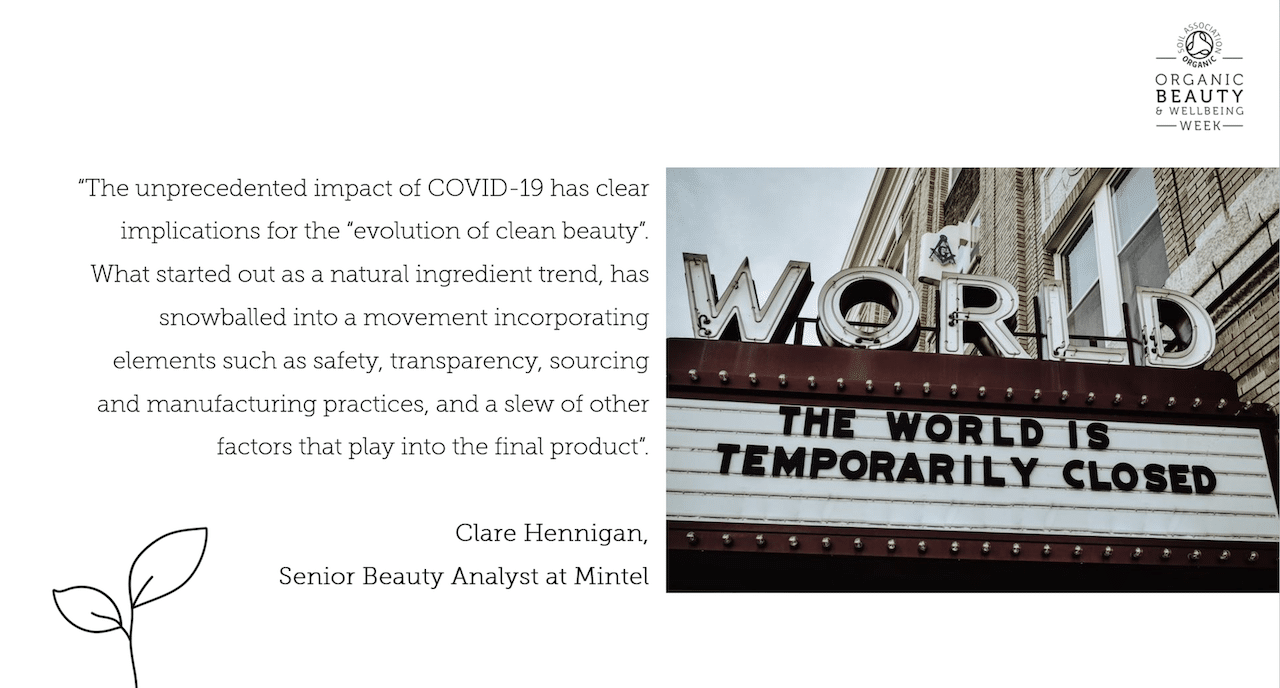
“Those choices go all the way back to the field, to how something’s grown, to the soil, and that connection I think we’ve moved away from in a lot of ways. And it’s moving us back towards that connection when brands start to ask why and start to understand where the power in their products comes from. Why wouldn’t you use organic? Because the minute the consumer’s asking, the retailers follow, the brands follow and we all start to use more plants,” said Hirsch.
One of the focuses of the campaign this year is how a small swap could make a big difference to that whole mental [health] and holistic wellbeing journey
Also speaking during the session, Susannah Taylor – beauty and wellbeing editor, who illustrated the OBWW graphic – commented that she approaches beauty ‘from a very holistic angle’ with an emphasis on ‘how we feed our bodies’ “I really don’t think that you can paper over the cracks … with a load of make-up. There’s been a huge trend in the beauty industry for adding more and more ingredients into things in the last ten years – ten-step beauty regimes. I really advocate simplifying everything and going back to simple … holistic beauty regimes that make you feel good as well as look good. I think that feeling good is actually far more important that’s something that has really come through in lockdown. With 81% of the population apparently suffering from anxiety … how we feel is incredibly important. The whole Instagram part of the beauty and wellness industry has often focused on the way we look and I think we need to get back to how we feel. Coming back to nature can really help us with that. Doctors in Scotland have been prescribing green prescriptions for people and that’s something that’s going to be rolled out in the UK in autumn apparently. Any way that we can integrate green into our lives is a good thing,” said Taylor.
And it’s this positive impact of nature which the Soil Association hopes to emphasize with its 2020 campaign, as McDermott explained: “One of the focuses of the campaign this year is how a small swap could make a big difference to that whole mental [health] and holistic wellbeing journey.”
